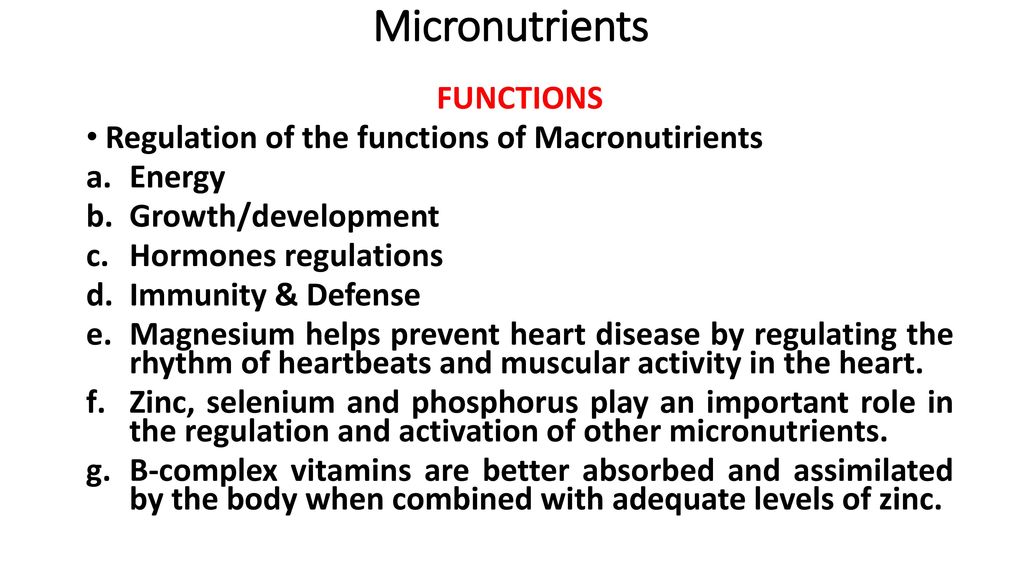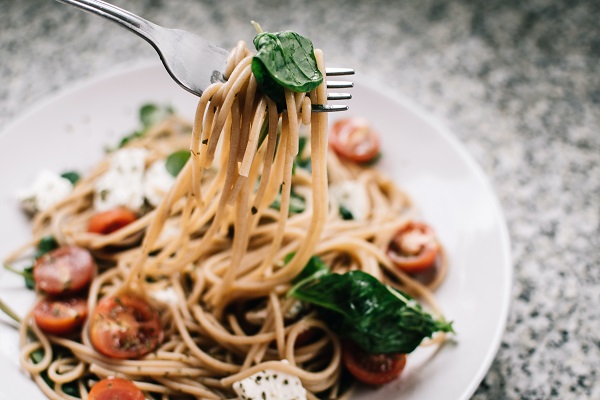
Your first step in cholesterol management is to reduce fat intake. To achieve this, you should eat more unsaturated fat, which is found in oily fish, nuts, seeds, and vegetables. Avoid trans and saturated fats found in meats, dairy products and processed foods. Also, increase your fiber intake, which lowers the level of cholesterol in your blood. Soluble fiber is a healthy carbohydrate that can help you lose weight.
A high-fiber lifestyle is a great way lower cholesterol. Your daily intake should not exceed a third of calories from fat. Your daily intake of saturated fat should not exceed eight to ten per cent. Your total cholesterol intake should be kept below 300 mg per day. Some foods, like fish and nuts, can contain dietary cholesterol. However, if you're a vegetarian, you can get Omega-3 fatty acids from flaxseed, walnuts, and green leafy vegetables.

An effective way of lowering cholesterol is to increase monosaturated fat intake. Omega-3 fat acids, which are found in fish and many other foods such as nuts and avocado, are particularly beneficial to your heart. Additionally to limiting saturated fats you should consume more fish oils and decrease your intake of sugary beverages. Even if you don't have cardiovascular disease risk, you can reduce your cholesterol intake and increase your HDL.
If you can't exercise, you may want to take medication. There are many medications you can take to lower your cholesterol. Statins are a class that includes drugs for high cholesterol. They can also be taken orally. Before you start taking any new medications or other over-the-counter remedies, consult your doctor. Your goal is to lower your total cholesterol. The higher your cholesterol levels, the more you exercise.
Statins should not be taken alone. You also need to eat foods rich in plant sterols. These are natural compounds found in plants and are similar to cholesterol. These substances are known to reduce the risk for heart disease and cholesterol absorption. These compounds are becoming more common in foods and beverages. These compounds can help lower your cholesterol and improve your overall health. These naturally occurring substances can help you control your cholesterol. Many sources exist for plant sterols.

Most people find that changing your diet can lower cholesterol. If you love cheeseburgers, try to eat more fruits and vegetables and less meat. While garlic has no evidence-based benefits for lowering cholesterol, it can help you lose weight. A second way to lower cholesterol, is to reduce saturatedfat. You can also cut back on the amount of animal fat you consume. Research suggests that eating more vegetables and fruits can lower cholesterol. Eating a healthy diet can also help to lose weight.
FAQ
How does weightlifting help you lose fat more quickly?
Weight lifting does burn fat faster, but only if you combine it with cardio workouts.
You should do weightlifting after your cardio workouts to maximize its benefits.
Weightlifting is a good way to lose weight. It increases your heart beat and oxygen consumption.
You will not notice any changes in your body composition if you don’t combine it and cardio.
Which workout is the most effective for men
The answer will depend on what you are searching for. Cardio workouts are great for losing weight because they burn calories more quickly than strength training exercises.
If you want to just build muscle mass, strength training is better as it increases lean body weight.
Both types of exercise have proven benefits if you want to improve your overall health.
If you're looking for a quick way to get fit, I recommend HIIT/sprint interval training. This type is great for burning fat fast by increasing metabolism. It can also increase your endurance, so that you can train even when fatigued.
Do Men Need A Gym Membership?
Men do not need a gym membership. A gym membership will make your money more valuable.
Most gyms offer free trial memberships, allowing you to try out the facilities before paying any fees.
You can use our gym anytime you like and it's free. You can cancel or modify your membership anytime you feel you don't like it.
What foods should I avoid when trying lose weight?
Avoid foods that contain trans fats. Trans fats can raise LDL (the unhealthy) cholesterol levels while lowering HDL levels (the good).
Trans fats can also be found in deep-fried food, fast food, packaged bakery goods, snack cakes, as well as other processed foods.
These unhealthy fats are also known to cause inflammation and lead to heart disease as well as diabetes.
Artificial sweeteners are also to be avoided. Artificial sweeteners increase the risk of getting cancer.
These chemicals can be found in soft drinks, chewing gum, and candy bars. They can also be found in other foods like meat, poultry, and eggs.
Artificial sweeteners are saccharin (cyclamate), sorbitol and aspartame.
These chemicals can damage DNA and cause cell death, according to the American Heart Association.
Statistics
- Cardmembers earn 5% Back at Amazon.com with a Prime Credit Card. (amazon.com)
- 10 pounds in a month is likely during a lean bulking phase, especially for beginners. (muscleandstrength.com)
- By John Thompson Take a whopping 38% off a set of PowerBlock Pros. (menshealth.com)
- An estimated calorie range for moderately active adult males falls between 2,200 to 2,800 calories per day, depending on age. (eatright.org)
- Are You One of the 20% of Guys (mh.co.za)
External Links
How To
How can I exercise to burn fat?
Exercise can help you burn calories and increase your metabolism.
Moderate intensity exercise is a safe way to lose weight.
These are some tips to help you lose fat while working out:
-
Cardio exercises include walking, running, swimming, cycling, running and jogging.
-
Do 30 minutes of exercise three times a week.
-
You can add strength training into your exercise routine if you're looking to lose even more weight.
-
Avoid intense workouts. You can build muscle without breaking down muscle tissue.
-
Drink plenty of water during exercise. Water helps flush out toxins and keep your body properly hydrated.
-
After working out, make sure to drink low-fat proteins shakes. Protein shakes boost energy and repair muscle tissue.
-
Eat smaller meals throughout the day, so you don't feel hungry between meals.
-
Don't skip breakfast! Skipping breakfast can lead to fatigue and sluggishness.
-
Take care of yourself mentally. Stressful situations can slow metabolism.
-
Keep a positive attitude. Studies show that people who believe they are overweight gain more weight then those who think they are attractive.
-
Get enough sleep. Insufficient sleep can make it more difficult to lose weight.
-
Stay active. Get up every hour and get moving.
-
Maintain a healthy diet. Eat right to feel satisfied and full for longer.
-
Find ways to relax. Relaxing doesn't mean your body releases stress hormones which cause muscle tissue to be destroyed.
A balanced diet provides all the nutrients necessary for growth and development.
Instead of eating three large meals a day, eat six smaller meals every day. This allows your body time to digest what you've eaten.
Calcium is required to support strong bones. Calcium can be found in dairy products such as yogurt, fortified soybean beverages, orange juice, cereals, bread, and cereals.
Calcium comes from leafy green vegetables, beans, tofu, nuts, seeds, and cheese.
Vitamin D is required by the body to absorb calcium. It's found in fatty fish, egg yolk, and some fortified foods.
Vitamin E is vital for your skin's health. Vitamin E can also be found in vegetable oil, wheat germ oils, peanuts as well almonds, sunflower seeds and corn.
Your body requires zinc to function normally and for wound healing. Zinc can be found in seafood, legumes and meats.
Zinc deficiency may cause fatigue, loss appetite, depression, and impaired immunity.
Sugar intake can lead to insulin resistance which causes blood glucose levels to rise. Insulin resistance is linked to weight gain.
Insulin resistance is caused by high blood levels of free-radicals. Free radicals are molecules containing unpaired electrons which cause damage to cells membranes.
Most free radicals come from pesticides herbicides, food additives, preservatives smoking, radiation, chemical in cosmetics, lotions and household cleaning supplies.
Free radical damage can lead cancer, heart disease or diabetes, arthritis, asthma, or other forms of aging.
The best way to avoid free radicals is to eat a balanced diet high in antioxidants. Antioxidants protect against oxidative damage.
Vitamin C (found on citrus fruits), Beta carotene, found in carrots and sweet potatoes, spinach and broccoli, cantaloupe (found in tomatoes, mangoes and peppers), and Vitamin E (found nuts, olive oil and avocados).
Selenium, copper as well as manganese and zinc are some other antioxidant nutrients.
Selenium is known to protect cells from the oxidative damage that free radicals can cause. Selenium is also found in Brazil nuts.
Copper protects the brain and eyes as well as the lungs and red blood cells. Copper is found in shellfishes, poultry, meat, organ meats, and other foods.
Manganese is essential for bone structure. Manganese may be found in brown rice or spinach, bananas and prunes as well raisins, oatmeal and lentils.
Zinc is necessary for average growth, reproduction, and wound healing. Zn can also be found in white fish, lean cuts of meat, poultry, and eggs.